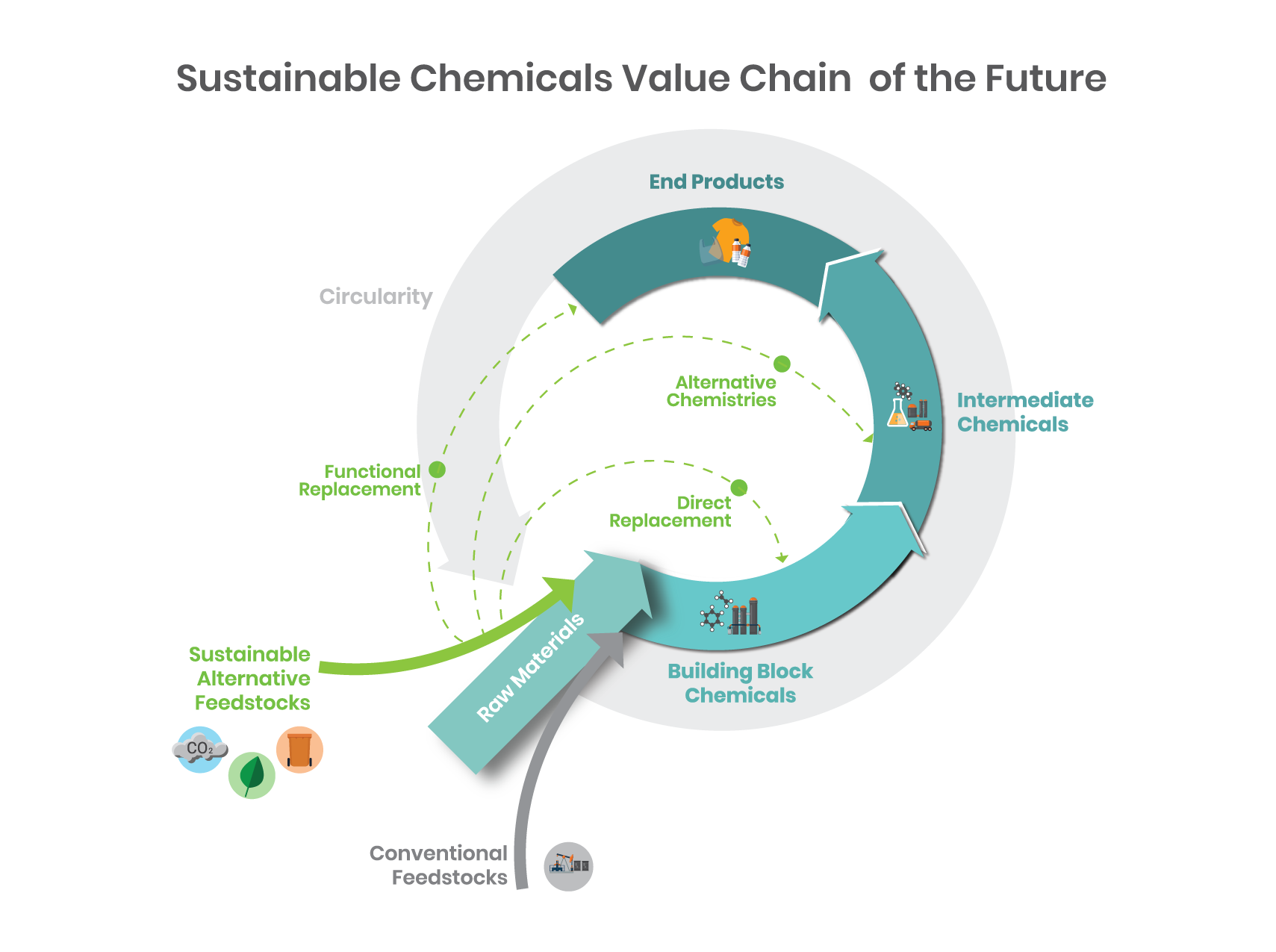The Future of Chemical Products: Patterns and Developments to View
The Future of Chemical Products: Patterns and Developments to View
Blog Article
Key Factors To Consider for Choosing the Right Chemical Products to Attain Reliable Integrated Solutions in Your Procedures
Picking the ideal chemical items for incorporated services in procedures calls for a complex strategy that encompasses various critical considerations. From examining chemical compatibility to ensuring adherence to governing standards, each aspect plays a crucial role in optimizing functional performance and safety.
Understanding Chemical Compatibility

To examine compatibility, one need to take into consideration factors such as the chemical residential or commercial properties of the substances involved, including pH, concentration, temperature, and the presence of contaminations. Making use of compatibility graphes and data sources can supply important insights right into possible communications. Additionally, conducting small-scale examinations can assist determine unanticipated reactions that might not be recorded.
Aspects such as humidity, light exposure, and temperature can affect the security and reactivity of chemical products. By prioritizing chemical compatibility during the option process, companies can improve operational effectiveness, reduce the danger of crashes, and make sure conformity with safety methods.
Examining Governing Compliance
In the complex landscape of chemical product choice, examining regulative compliance is extremely important to ensuring not just safety and security but likewise lawful adherence. Organizations needs to browse a myriad of guidelines, from neighborhood and nationwide legislations to worldwide standards, that govern the usage, storage space, and disposal of chemical compounds. This requires a detailed understanding of applicable laws such as the Occupational Safety And Security and Health And Wellness Administration (OSHA) standards, the Epa (EPA) guidelines, and the European Union's Enrollment, Analysis, Authorisation and Limitation of Chemicals (REACH)
When choosing chemical items, it is vital to verify that providers give Security Information Sheets (SDS) that detail potential dangers and dealing with requirements. Companies should validate that the chemicals comply with industry-specific policies, which may enforce added specifications. Non-compliance can cause extreme charges, consisting of fines and operational closures.
In addition, companies must remain upgraded on regulative changes, as non-compliance can arise from outdated practices. Creating a durable conformity method, consisting of routine audits and employee training, can assist make certain adherence to current guidelines. Inevitably, focusing on regulative compliance not only mitigates threat but likewise enhances the organization's online reputation and operational effectiveness.
Assessing Environmental Effect
Just how can companies effectively assess the ecological influence of chemical items during the option process? Organizations ought to start by recognizing the possible dangers associated with each chemical, including poisoning, perseverance in the atmosphere, and bioaccumulation potential.
In addition, companies can take advantage of third-party certifications and eco-labels that show conformity with environmental standards - Chemical Products. Involving with distributors who prioritize sustainability techniques can likewise boost the option process. It is essential to evaluate not only the direct results go to this site of chemical usage yet additionally the indirect effects, such as power usage and waste generation
Executing life process assessment (LCA) techniques can give detailed understandings right into the ecological footprint of chemical products, highlighting areas for enhancement. By focusing on openness and cooperation with stakeholders, organizations can make educated decisions that straighten with their sustainability objectives while minimizing adverse environmental results. This positive technique inevitably cultivates a more responsible and eco-conscious operational framework.
Assessing Cost-Effectiveness
While evaluating chemical products for operational usage, companies have to also think about cost-effectiveness as a vital consider the choice procedure. This entails assessing not just the first acquisition price but also the complete cost of possession, which consists of aspects such as usage effectiveness, upkeep, and disposal expenses. Chemical Products. An item that appears economical upfront may sustain greater prices in energy intake or require more regular replacement, eventually affecting the bottom line
In addition, organizations need to assess the possibility for price financial savings with enhanced solutions address that enhance performance and lower waste. Products that need lower application rates or provide faster handling times can lead to substantial savings over time. It is also important to think about the effect of regulative compliance costs, as non-compliance can result in fines and increased operational expenses.
Furthermore, organizations should review the lasting value derived from the chemical products, consisting of boosted top quality, boosted performance, and improved safety. A detailed cost-effectiveness analysis encourages organizations to make informed choices that straighten with both their monetary objectives and operational purposes, eventually resulting in sustainable and reliable techniques.
Identifying Distributor Dependability
Provider integrity is critical when picking chemical products for operations, as it directly affects both item high quality and functional performance. A reliable distributor regularly provides premium items on time, making sure that your procedures continue to be nonstop. To identify provider dependability, begin by evaluating their track record within the sector. Look for evaluations, endorsements, and study that highlight their efficiency and consumer contentment degrees.
Next, take into consideration the vendor's history of conformity with policies and criteria. A reputable supplier must have a durable high quality guarantee program that adheres to market standards. In addition, evaluate their capability to give technical support and item details, which is important for informed decision-making.

Conclusion
Finally, picking the appropriate chemical products for integrated solutions requires a comprehensive examination of numerous critical factors. Understanding chemical compatibility, making sure regulative conformity, examining ecological influences, analyzing cost-effectiveness, and identifying dependable providers collectively add to educated decision-making. Such a technique not only enhances functional effectiveness and security however also mitigates possible dangers. Focusing on these considerations can result in more sustainable and reliable operational practices in numerous sectors.
Report this page